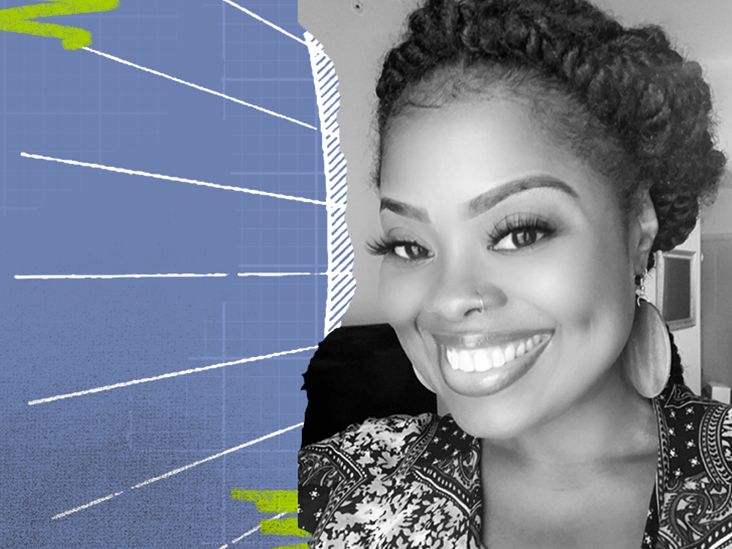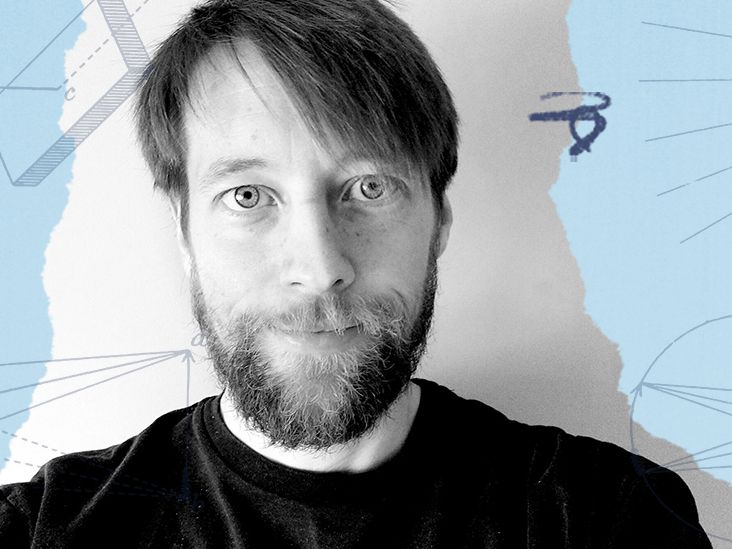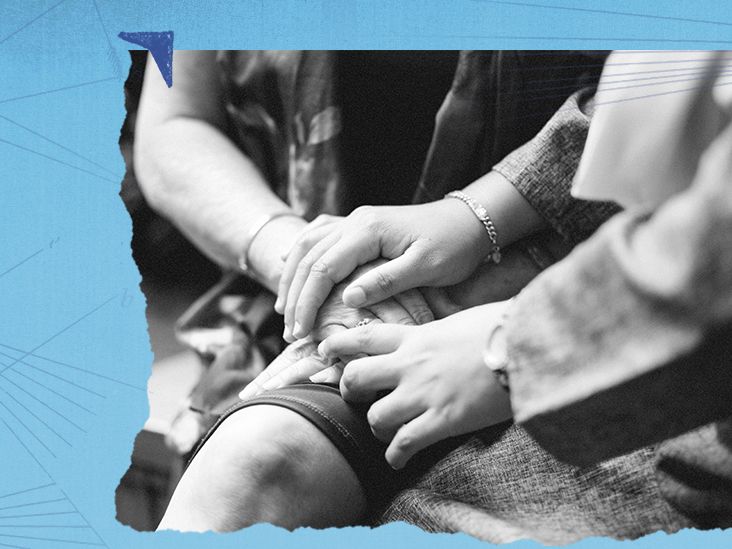
I was the stereotypical “Georgia Peach.” Living away from the city, I was fascinated by the simplicity of life — or so I thought.
Growing up in the Bible Belt, it would be fair to say I was pretty sheltered.
I grew up in a typical blue-collar, middle-class family. My parents worked hard to give my brother and I the best life possible.
Looking back now, I can see how I exhibited all of the behaviors of an addict from an early age. Even as a little girl, I found solace in isolation.
I never felt part of a collective — adapting to my surroundings by subjecting myself to a total victim mentality — and most of my actions were centred on myself.
I spent years blaming my genetic predisposition, my experience of trauma, my biological mother for giving me up for adoption, my adopted stepmother’s favoritism for my brother, and even the “mean girls” at school who wouldn’t let me join in.
However, there was always one common denominator: me.
I believe I was experiencing a spiritual malady and the fundamental inability to cope. Retreating from reality, I’d indulge in books, writing, and recreating my own story.
I was 5 years old when I encountered trauma for the first time. Too young to comprehend the scale of the situation, I went straight to the people I trusted the most and told them about the ongoing sexual abuse.
Finally, I thought someone would validate my pain. Looking back, perhaps it was just too painful for them, and I truly believe that they did the best they could with what they had. It was just easier to make the whole thing go away.
I share this specific situation because I believe that it produced an avoidant response, which later became my only coping mechanism. I learned that the best way to avoid pain was through utter oblivion.
I sometimes believe that for every suppressed emotion, there is a physiological response; I began experiencing excruciating bladder and kidney infections.
So, my mom and I would visit the local family practitioner’s office what felt like weekly. The doctor would write me a prescription for an antibiotic and opiates, and then send us on our way. Essentially, we were treating the symptoms but never addressing the cause.
The only options he offered me were reoccurring surgical procedures (requiring anesthesia and more opiates) and medication (which would only be 50 percent effective and come with a 50 percent chance of hair loss).
The answer seemed fairly obvious to me, and I’ll never forget the doctor’s reassuring nod as he explained just how painful the condition was. He prescribed me oxycodone and then sent me home. He gave no warning or further instruction, only scheduling a follow-up appointment.
I started visiting my specialist multiple times per month. I vividly remember him telling me, “Now don’t get hooked on these sweetheart” — but it was already too late.
Looking back now, I can see that my prescription validated my illness. After all…a doctor prescribed me this medication, and no one could tell me otherwise. I would wear the mask of a chronically ill person at every visit, begging for sympathy and being rewarded with more medication.
Nobody called my motives into question, and I was completely naïve to my dependence. Every visit was a mutually beneficial business transaction — one that further enslaved me to my addiction.
After high school, I ran straight to the beach. Chasing after my first love, I moved to Savannah, GA, and started college. Away from home for the first time, I lived by half measures.
With no real idea of what life was all about, I split with my first love and went on a drinking binge. When confronted with the choice to study or head to the local bar for nickel shots, I’d always choose the latter. For the first time, I finally felt like I’d arrived and was part of something.
Bar hopping in borrowed clothes and with a fake ID in hand, I felt as though everything felt great. Then I received my first grade report. I was failing, but again, I found a way out. I withdrew from school — without any real consequences — and returned home.
My kidney and bladder issues persisted, so I continued seeing my specialist regularly. By this point I was partying, but I hadn’t crossed over the threshold.
Then, my mother passed away unexpectedly, and total survival mode kicked in. I could remember the care-free oblivion I experienced with my prescribed opiates and needed more. So, without a second thought, I finished off my prescription and called a local drug dealer to meet me at the hospital.
It wasn’t long before chaos ensued. My addiction propelled my chronic pain and vice versa. I was stuck in a cycle that eventually led to my downfall. Each medical appointment ended with me grinning from ear to ear with my prescription in hand.
I had mastered the art of true manipulation, yet I remained completely oblivious to my own plight.
In truth, I was in complete denial. I had no idea of the stark nature of what I was truly up against, and the system that was in place to help me only fuelled my problem further.
I thought addiction was an unfortunate lack of self-control — something that only other people struggled with. Uneducated and ridden with stigmatizing ignorance, my addiction progressed, enslaving me to a disease that I refused to acknowledge.
As time passed and my personal situation changed, my addiction remained. There were some mornings I’d wake up and take my morning dose before I’d kiss my son. I lied, cheated, manipulated, and sought to remove any person, place, or object that stood in the way of my beloved opiates.
My life had become completely unmanageable — everything I swore it would never be. My physical dependence paled in comparison with the emptiness I felt, and I was willing to go to any lengths to get the next fix.
I found a stronger and more expensive, but much more convenient, solution. Oxycontin was able to remove emotional as well as physical pain.
Continuously oblivious and increasingly numbed, I once again had the feeling that I had finally arrived. A warmness came over me with each new hit. Opiates ruled my life, and I was submissive every step of the way.
Inevitably, I found that I couldn’t consume enough poison to numb the pain. I finally backed myself into a corner, and there was no one to save me. I was sitting in a cold jail cell, painfully detoxing, and wondering how I got there.
Grace, in the form of utter desperation, met me in that place. I had to make the decision to seek the help I needed or lose everything.
Thankfully, I accepted the gift of treatment and spent 33 days at a dual diagnosis treatment center.
For the first time in my life, I chose to face my fears.
I received a new diagnosis, one I gratefully accepted. I was an addict, to the core of my being, and I was finally educated on addiction.
My chronic addiction mirrored my chronic pain in a way that was beneficially tangible.
Neither were going anywhere, and I had to find a treatment plan to mitigate the symptoms effectively.
I attacked it head-on, soaking up every experience that other people with addiction might endure. Rather than comparing myself with others, I actually found myself relating to those who were struggling with the same pain I knew so well.
It wasn’t until I welcomed treatment for the symptoms of my addiction that I was able to taste true freedom. Surprisingly enough, the symptoms of my bladder disease started to subside as well.
When I decided to get sober, I also decided to make better choices — mentally, physically, and spiritually.
I received therapy for the age-old traumas I’d spent my life running from. I learned healthful coping skills. I was introduced to meditation and began to seek my own conception of spirituality.
I surrounded myself with women who truly loved and cared for my well-being while also supporting my success. Through the steps of the fellowship, I learned how to be the best version of myself.
There’s an unheralded section of society — many members of which would be deemed the world’s cast-offs — stepping out in love and successfully overcoming near-fatal adversity.
I believe that putting aside age-old resentments, making amends to the loved ones we’ve hurt, and focusing on helping other people with addiction are all remedies for spiritual malady. Humanity, as a whole, could certainly benefit from the process we trudge in recovery.
Today, I live a life that I never would have imagined. I’m comfortable in my own skin, and I gravitate toward intimate interpersonal relationships. From pain to pleasure, I get the opportunity to take in every emotion and grow from them, helping others along the way.
I am grateful to finally have the ability to rise to the occasion and live life on my own terms.


